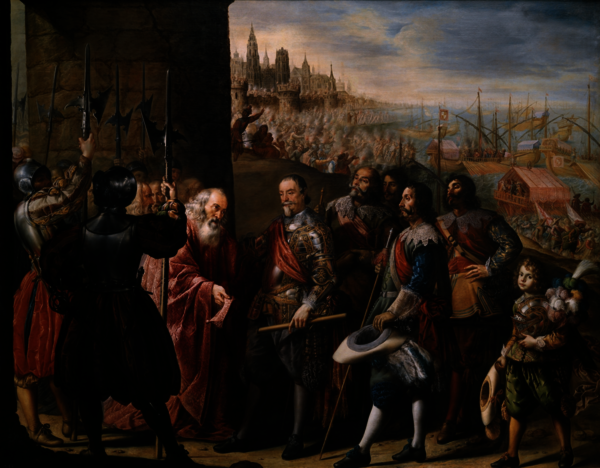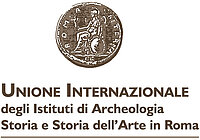ELITESIT. Italian elites and European monarchies: evolutions and networks of power (16th-18th centuries)
- Section: Modern and contemporary
- Directors: Albane Cogné, lecturer, University F. Rabelais, Tours (Cethis); Etienne Bourdeu, associate researcher, CESR
Presentation
Between the sixteenth and eighteenth centuries, the Italian territories were subject to an interlocking of powers and spheres of influence that evolved over the centuries (Imperial, Hispanic, French, pontifical, etc.). The ability of large Italian families to establish links with the main European courts and to benefit from the resources offered by them (institutional, military or diplomatic, titles, fiefs, decorations, etc.) seems decisive for explaining the continuity (or not) of their social domination. By combining a prosopographic approach with network analysis, this project aims to consider the role, forms and dynamics of power networks within the Italian states attached to the Hispanic monarchy in the sixteenth century (Duchy of Milan, Kingdoms of Naples, Sicily and Sardinia).
Within the context of a polycentric monarchy, the insertion of the local elites within the networks of power allowed them to obtain royal favours while on the other hand the sovereigns saw a way to cultivate supporters necessary for the maintenance of their power in more distant territories. Their constitution appears to be closely linked to the movement of administrative, diplomatic, military or ecclesiastical personnel, who often seem to act as mediatorial figures, and is carried out through various types of links (family, political, institutional, social, etc.).
This research aims to integrate the information from family histories (the role of matrimonial alliances) and anthropology (the notion of fidelity, study of patronage systems and clientism). Particular attention will be paid to the periods of crisis and political upheaval that characterized the Italian peninsula during the modern period (revolts of the sixteenth and seventeenth century and then the succession wars of the eighteenth century). By taking a long term view and following a comparative approach, this project seeks to overcome the traditional divisions between the Spanish period and the eighteenth century or between the different states that make up the peninsula.
Key words
Elites; prosopography; network analysis; social history of politics; Modern Italy; Hispanic monarchy
Key statistics
The participants in the project come from:
4 Spanish universities
7 Italian universities
3 French universities and the CNRS
7 meetings are planned during the 5-year period
Pour en savoir plus












